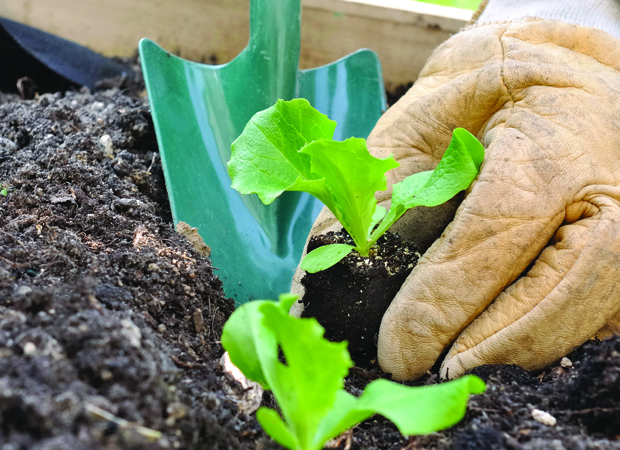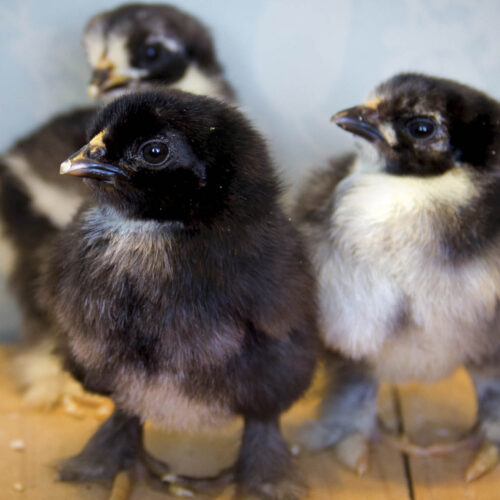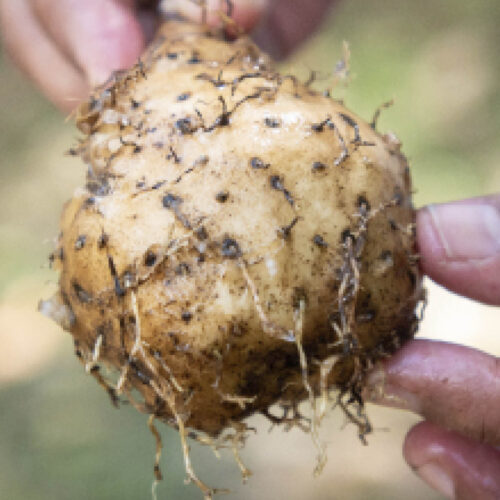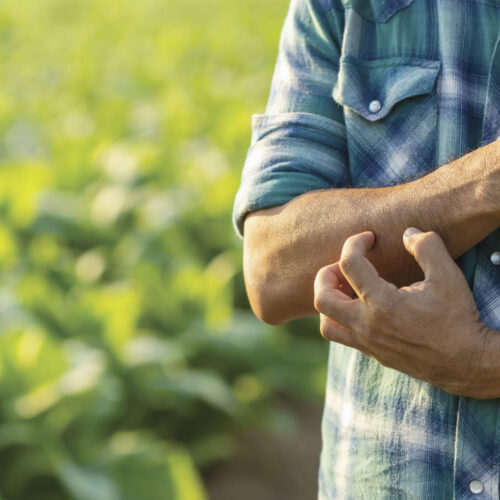Getting started
2013-09-13T02:15:52+10:00
Anyone can get into organic gardening, says PHIL DUDMAN. Here are his tips on starting out.
Organic gardening is about building healthy soil, rather than feeding plants with chemical fertilisers. When chemical fertilisers are used, plants will often grow too quickly, making them lush and sappy and more vulnerable to pests and diseases. But when soil is healthy, organic plants grow stronger and healthier, making them naturally more resilient. And if pests and diseases do break out, there are organic methods to control them without resorting to toxic chemicals.
Healthy soil is alive with earthworms, fungi, bacteria and other microorganisms, all living in balance. These good guys of the soil need constant feeding in the form of natural organic fertilisers and soil conditioners. These include compost, decomposed animal manures, green manures, mulches and organic fertilisers such as pelletised chicken manure, blood and bone, fish emulsion and seaweed extracts.
As the soil organisms munch through organic materials, they break them down into ?ner particles known as ‘humus’. Humus helps to condition soil, keeping it open, friable and free draining.
It also increases the soil’s ability to store moisture and nutrients, ready for a plant’s use when needed. Perhaps more importantly, these magical soil organisms help to convert organic materials into a slow release form of nutrients that is readily absorbed by a plan t’s roots. Even more astonishing is the ability of microbes to fi ght off soil baddies such as root-knot nematodes and typical soil diseases.
In conventional gardening, chemical fertilisers are designed to feed plants, not the soil. Most chemical fertilisers contain nutrients in a form that can be released very quickly, but while they are fast and efficient at providing nutrients to plants, they are also easily leached into ponds and waterways, polluting the environment. Over time, constant use of chemical fertilisers creates a build-up of salts and other chemical residues that are harmful to organisms such as worms and microbes, which are essential to healthy soil life.
Organic gardening is not hard. It doesn’t take any particular skills or background.
Anyone at any age can learn just by getting started. Remember, the key to success is building healthy soil. This can take years of constantly adding soil improvers, but the joy is in witnessing the miraculous transformation of an ordinary patch of dirt into a soil that is teeming with life, and growing delicious, healthy food. Dealing with pests and diseases can be a challenge at first, but the important thing is to never give in. Every gardener has disasters, but with every problem your learning increases tenfold and that in itself makes you a happy and successful organic gardener.






